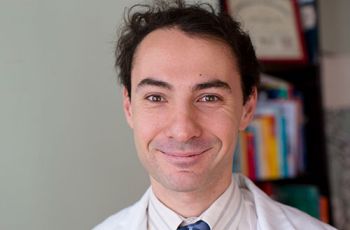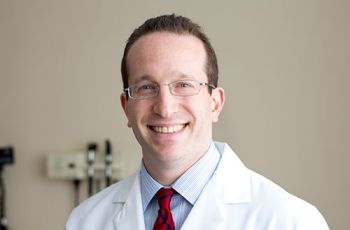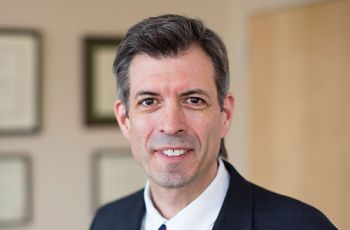Faculty in the Media
Elizabeth Tanzi, MD, associate clinical professor of dermatology, explained the benefits of using a sheet mask on your skin in an article for Allure.
Christina Puchalski, MD ’94, RESD ‘97, director of the GW Institute for Spirituality and Health, and professor of medicine, was quoted by Newsday for an article about the documentary film, "Your Health: A Sacred Matter," which highlights the role spirituality can play in health.
Rachel Moon, MD, adjunct professor of pediatrics, spoke to Romper for an article discussing safe sleep practices for infants to help reduce the risk of Sudden Infant Death Syndrome (SIDS).
Christina Puchalski, MD ’94, RESD ‘97, director of the GW Institute for Spirituality and Health, and professor of medicine, spoke to Religion News Service about recent studies that have shown the benefits of chaplaincy and spirituality in health care, particularly in older adults.
Peter Kim, PhD, professor of surgery and integrative systems biology, was mentioned by Washington Business Journal in an article about the funding of robotic technology developed at Children's National.
Kevin Pelphrey, PhD, director of the Autism and Neurodevelopmental Disorders Institute, and professor of pharmacology and physiology, spoke to The Washington Post for an article discussing how running can appeal to people with autism.
Mikhail Kogan, MD, medical director of GW Center for Integrative Medicine, and assistant professor of medicine, spoke to MedPage Today for their Feedback Friday feature discussing use of "alternative medicine" by some patients.
Adam Friedman, MD, associate professor of dermatology, was quoted by Bloomberg Businessweek in an article about an artificial intelligence algorithm using Google's image search to diagnose skin cancer.
Lee Beers, MD, associate professor of pediatrics, spoke to WTOP for an article about keeping children safe during the summer.
Daniel Z. Lieberman, MD, professor of psychiatry and behavioral sciences, spoke to U.S. News & World Report for an article discussing the effects keeping secrets can have on physical and mental health.






